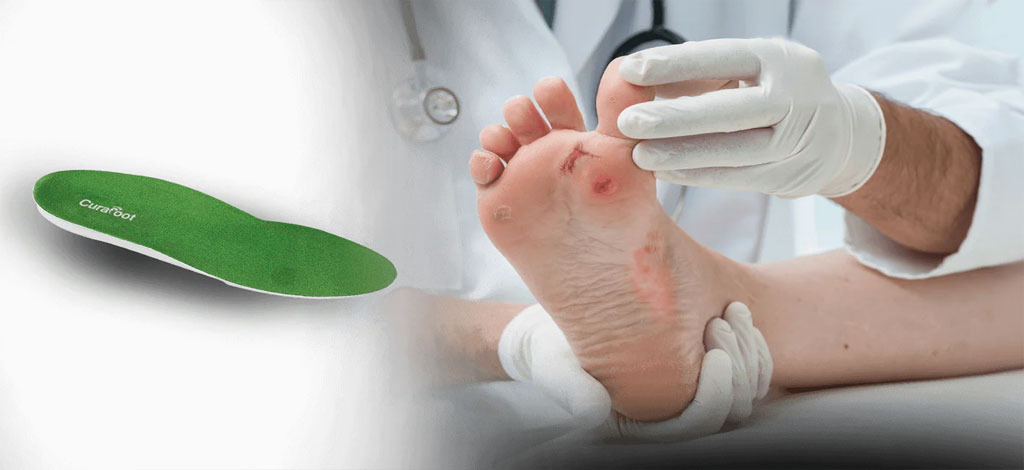Doctor For Diabetic Foot Care Treatment in Malad
Diabetes is a chronic condition that affects millions of people worldwide, leading to numerous complications if not managed properly. One of the most serious and potentially debilitating complications is diabetic foot problems, which can lead to infections, ulcers, and even amputations. Effective diabetic foot care treatment is essential to prevent these severe outcomes. This comprehensive guide covers various aspects of diabetic foot care, including prevention strategies, treatment options, and management tips. Dr Neeta Shah is Doctor For Diabetic Foot Care Treatment in Malad.
Understanding Diabetic Foot Problems
Diabetic foot issues primarily arise due to two main factors: peripheral neuropathy and peripheral arterial disease (PAD). Peripheral neuropathy results from prolonged high blood sugar levels damaging nerves, leading to loss of sensation in the feet. This makes it difficult for patients to detect injuries or pressure sores, which can easily become infected. PAD, on the other hand, reduces blood flow to the extremities, impairing wound healing and increasing the risk of infections.
Prevention Strategies
- Daily Foot Inspection: Patients should examine their feet daily for cuts, blisters, redness, swelling, or any signs of infection. Using a mirror can help check the soles and other hard-to-see areas.
- Proper Foot Hygiene: Wash feet daily with lukewarm water and mild soap. Dry thoroughly, especially between the toes, to prevent fungal infections. Moisturize to prevent dry, cracked skin, but avoid applying lotion between the toes.
- Appropriate Footwear: Wear well-fitting shoes that provide adequate support and protection. Avoid walking barefoot, even indoors, to prevent injuries. Special diabetic shoes and insoles can help redistribute pressure and prevent sores.
- Regular Podiatric Care: Regular visits to a podiatrist can help in early identification and management of foot problems. Podiatrists can trim toenails, remove calluses, and treat minor foot issues before they escalate.
- Blood Sugar Control: Maintaining blood sugar levels within the target range is crucial to prevent nerve damage and enhance overall healing.
Treatment Options
- Wound Care: For minor cuts or sores, clean the wound with saline solution and cover it with a sterile dressing. Avoid using harsh antiseptics that can damage tissue.
- Debridement: In cases of ulcers, debridement is often necessary to remove dead or infected tissue, promoting better healing. This should be performed by a healthcare professional.
- Antibiotics: Infections require prompt treatment with appropriate antibiotics. The choice of antibiotic depends on the type of bacteria and the severity of the infection. Oral antibiotics are common, but severe infections may require intravenous administration.
- Off-loading: Relieving pressure on the affected area is crucial for healing. This can be achieved through specialized footwear, casts, or orthotic devices designed to off-load pressure from the ulcerated area.
- Surgical Interventions: In severe cases, surgical procedures may be necessary. These can range from minor procedures like removing infected tissue to more extensive surgeries such as bypass operations to restore blood flow or, in extreme cases, amputation to prevent the spread of infection.
Advanced Treatment Techniques
Lifestyle and Home Care Tips
In addition to medical treatments, several lifestyle and home care practices can aid in managing diabetic foot conditions:- Maintain a Healthy Diet: A balanced diet rich in nutrients supports overall health and improves wound healing. Include plenty of fruits, vegetables, lean proteins, and whole grains.
- Regular Exercise: Physical activity enhances blood circulation, which is beneficial for wound healing. However, choose low-impact activities like swimming or cycling to avoid foot injuries. Dr Neeta Shah is Doctor For Diabetic Foot Care Treatment in Malad .
- Quit Smoking: Smoking exacerbates PAD by constricting blood vessels and reducing blood flow. Quitting smoking can significantly improve foot health and overall circulation.
- Control Blood Pressure and Cholesterol: High blood pressure and cholesterol levels can impair circulation. Regular monitoring and management through medication and lifestyle changes are essential.
- Stay Hydrated: Proper hydration helps maintain skin elasticity and overall health, aiding in wound prevention and healing.
Conclusion
Diabetic foot care treatment is a multifaceted approach involving preventive measures, timely medical interventions, and lifestyle modifications. By adhering to these guidelines, individuals with diabetes can significantly reduce the risk of severe foot complications and maintain a higher quality of life. Regular consultations with healthcare providers, combined with vigilant self-care, are key components in managing and preventing diabetic foot problems effectively. Dr Neeta Shah is Doctor For Diabetic Foot Care Treatment in Malad.

